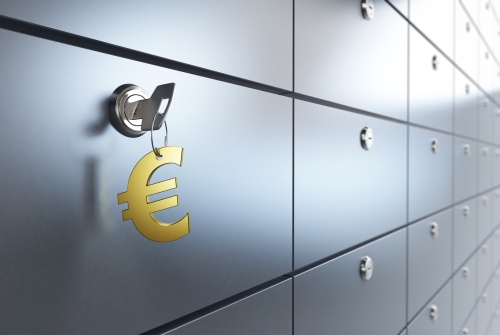Through its Hercule programme, the EU supports projects to improve prevention, detection and investigation of offences against its financial interests. Examples include specialised training, studies and purchase of technical tools. Further to an agreement in trilogue, a new phase of the programme should run from 2014 to 2020, with a total budget of €105 million.
Legal basis and context

The EU and its Member States (MS) must fight fraud and other illegal activities affecting the EU’s financial interests (Articles 310(6) and 325 TFEU). The Treaty underlines the need for close and regular cooperation between competent authorities to this effect, given that MS implement 80% of EU expenditure in “shared management” with the European Commission (EC) and collect the EU’s traditional own resources. In 2012, 1 231 fraudulent irregularities involving €392 million were reported, but there were differences in approach among MS. The Parliament (EP) has repeatedly called for standard criteria, to address the issue consistently across the EU. In addition to the 2013 reform of the European Anti-Fraud Office (OLAF), legislative initiatives to step up the fight against offences affecting the EU’s financial interests include proposals to harmonise MS’ criminal law in this field; to set up a European Public Prosecutor’s Office; and to reform Eurojust.
Hercule: overview
At a more operational level, Hercule is the EU’s financing programme managed by OLAF to support actions promoting the protection of the EU’s financial interests. In 2004, Hercule I gave a common framework to EC funding of such initiatives for the first time, with an €11.8 million budget up to 2006. The programme was extended with new objectives and a €98.5 million budget for 2007-13. Hercule II kept different EU co-financing rates depending on the type of activity (up to: 50% for technical support to MS such as purchase of equipment and IT tools; 80% for training measures; and 90% for seminars). Reflecting agreements with tobacco manufacturers that make payments to EU and MS budgets, special focus was put on the fight against cigarette counterfeiting and smuggling, illegal activities detrimental to the EU (loss of import duties) and, with even higher amounts involved, to MS (loss of VAT and excise duties). In June 2010, for example, Hercule contributed to the joint customs operation Sirocco. In 2011, after an intermediate review, the EC proposed to establish Hercule III, to run from 2014-20. It indicated that the programme had so far financed professional training for over 5 300 law enforcement staff and supported 70 technical assistance projects.
European Court of Auditors
In its 2012 opinion on the EC proposal, the European Court of Auditors (ECA) considered the current 50% co-funding rate for technical equipment should only be raised in exceptional cases, to a maximum of 80%. The Court added that the programme’s performance indicators need to be improved and called for an independent evaluation of its added value, to be used later to fine-tune Hercule III. As for the funds stemming from agreements with tobacco manufacturers, MS should provide more information to the EC on their use, to ensure coordinated action. The ECA also recalled its 2005 recommendation (rejected by the EC) that Hercule be run by other EC services so OLAF could focus its activities on investigations.
Trilogue agreement
In trilogue, the EP based its position on the Budgetary Control Committee’s 2012 report on the proposal (rapporteur Monica Luisa Macovei, EPP, Romania). The November 2013 deal sets the maximum EU co-financing rate for all grants at 80% (90% in exceptional cases). It allows the use of delegated acts, introducing rules (e.g. for reporting) to enhance scrutiny on the performance of the programme.








Be the first to write a comment.